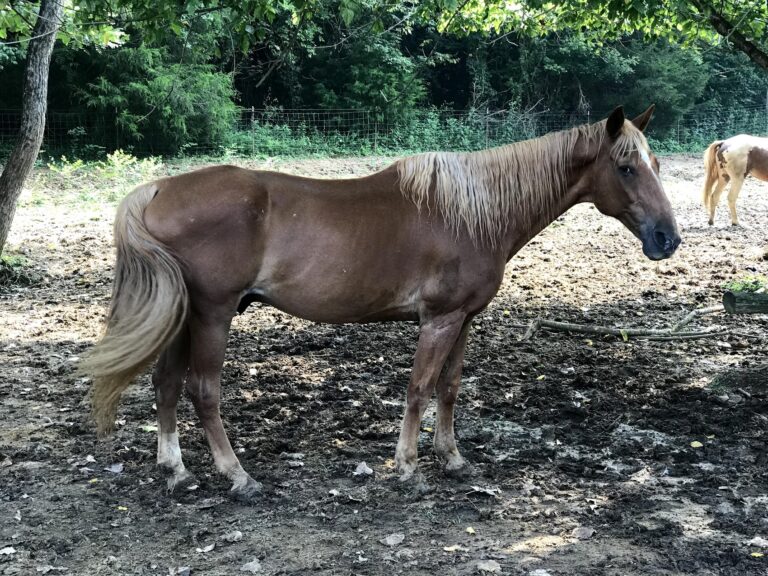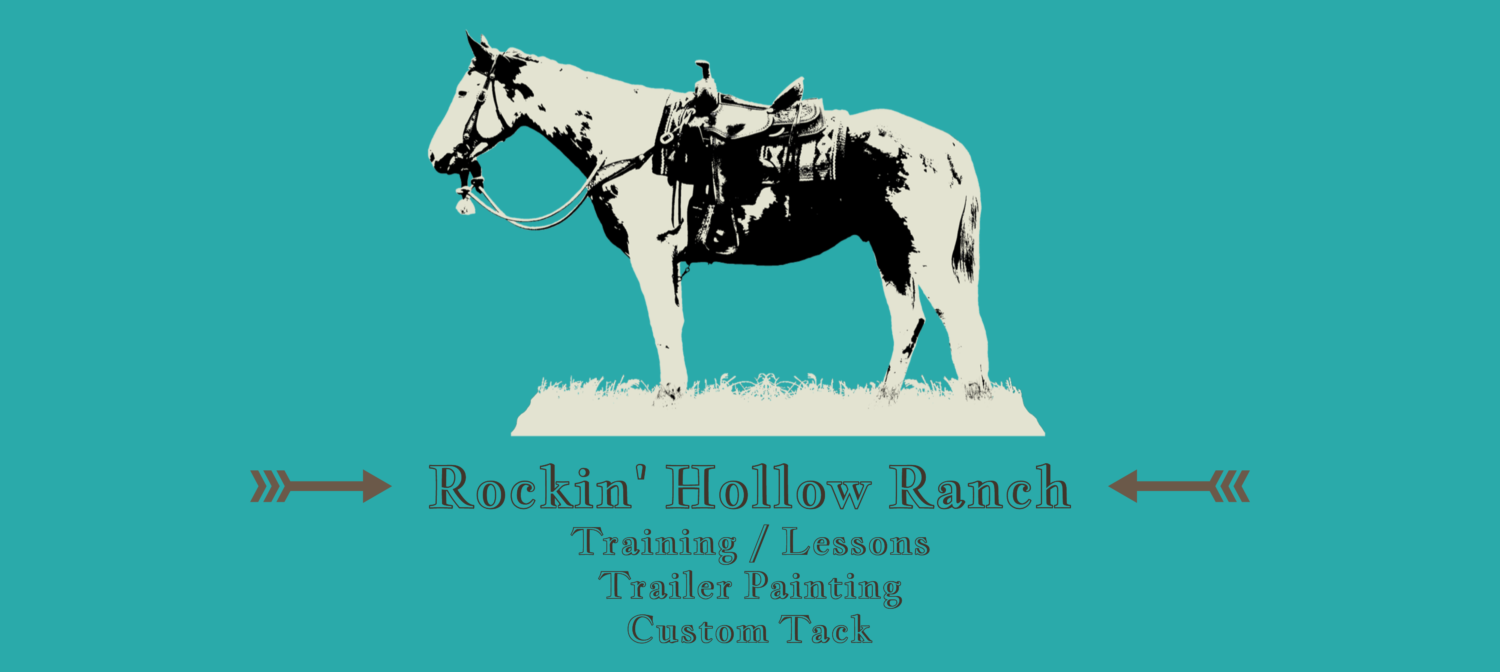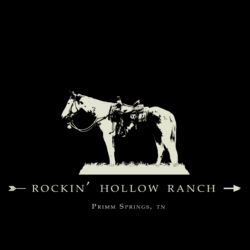
Older horses are kind of my specialty. I love a good horse that has seen and done it all. In all honesty, they are the most fun to ride and what a blessing to be able to say you have had a horse for 20+ years! I can proudly say that and I’ll happily brag about it. 🙂
I get so frustrated with all the ding dongs that think they need younger horses for “been there done that” types because they think they “want more than 5 years” with a horse. This is the most idiotic statement I have ever heard! Age is just that – a number. I have a 30 and 27 year old horse both only in semi-retirement. One has PPID and is still my main lesson horse and the other was a starvation case with two teeth that I rehabbed. The point is, if you take care of your horse there’s no reason you can’t have longevity with that horse.
Let’s talk about what your senior horse needs diet-wise!
Vitamin C – Vitamin C is something we normally would very rarely ever have to supplement for our horses as their bodies typically produce their own supply – especially with access to green pasture; however, as horses age they lose the ability to produce the needed amount of Vitamin C. Vitamin C (Ascorbic Acid) is an antihistamine and immune system booster that helps aid in speedy recovery of wounds, infections, as well as helps with stress. For aging horses, the dosage would be 3-10mg per pound of bodyweight split into multiple feedings. The sources for Vitamin C are so identical that you can do what I do and order a bag from Amazon for human consumption and save some money. With Vitamin C, it should be refrigerated or kept in a cool, dry, place and used within 6 months.
Balanced Fat Source – Older horses need quality fat sources with balanced ratios of Omega 3 and Omega 6. The goal is to aim for fat with higher Omega 3 ratios as anything with higher Omega 6 ratios is prone to be inflammatory. The absolute best fat source to feed your horse is ground flax – not flax meal! Flax meal is useless to your horse as all the beneficial parts of the flax seed have been removed from flax meal. Ground flax is easy to find via your local co-op or feed store. I buy a 50lb bag from my local mill pretty cheap. When feeding flax, make sure it’s stored in a cool, dry place, and be careful of spoilage. You can smell when flax goes rancid. If you don’t feed as much of it as I do, buy smaller quantities and try to use it up in 3-4 months. Older horses can benefit from 1-4 cups of ground flax per day. My second quality fat suggestion is chia seeds! Chia seeds are very close to flax as far as chemical makeup. Other good fat options with balanced Omegas are Canola Oil, and Copra (dried coconut).
Vitamin E – Much like Vitamin C, older horses lose the ability to produce the amount of Vitamin E they need. With Vitamin E, you want to find a quality form. All forms of Vitamin E are referred to as tocopherols but the highest quality is known as alfa tocopherol and in it’s most natural form you will see it listed as the ingredient d-alfa tocopherol. If the source of Vitamin E is synthetic, it will be listed as dl-alfa tocopheryl acetate. One of the best forms of Vitamin E on the market is Emcelle but since it is pricey, you can get a good human supplement via Amazon. I personally like Puritans Pride 1,000IU capsules. The NRC recommends horses be supplied with 1IU per pound of body weight but I typically make sure my seniors get double that recommendation.
Vitamin A (Beta Carotene) – Vitamin A is another important vitamin for red blood cell health, eye health, and the immune system. Most horses get Vitamin A through commercial grains and supplements. Too much Vitamin A can be toxic to your horse so if you are feeding a commercial grain, do not supplement Vitamin A. Horses actively on pasture will not need this supplement either as green grass carries the recommended dose but horses on hay or dry lot may need additional Vitamin A. The best way to supplement it is to look for Beta Carotene. A safe supplementation of Vitamin A would be 15IU per pound of body weight if your horse needs it.
Protein (Amino Acids) – Amino acids are our topline building blocks. The main 3 horses need are Lysine, Threonine, and Methionine but there are a total of 10 that horses need but do not produce adequate amounts of on their own. Legume hay is your best natural source for these proteins but in truth, to get the amount needed for your aging equine, a supplement would be your best bet. Some other natural items high in Lysine would be ground flax, chia seeds, split peas, colostrum, and whey protein isolate.
All of these suggestions are of course in addition to a low sugar, forage based diet with a balanced mineral intake. I find that older horses do better on this type of diet where the forage is soaked and easier for them to chew.
Maybe your older horse needs a little weight? I highly recommend beet pulp for all hard keepers. Beet pulp is actually the forage most closely related to grass. With beet pulp there is some prep work required though and that is why most people chose not to feed it. Beet pulp is the remnants of sugar beets after they are processed. They are less than 0.01% sugar and high in calories and fiber. The best way to feed beet pulp is by using the SRS method (Soak, Rinse, Soak). Soaking the beet pulp helps wash out any additional iron and trash from processing. Let me preference by saying that the level of iron in beet pulp is less than what you would find in a Himalayan salt block also. Beet pulp is safe for IR and PPID horses since it is primarily digested by the bacterial flora in the hindgut and causes little to no insulin response as well. With adding weight to your horse the key to remember is forage, forage, forage! Upping your concentrates will not put weight on your horse. Upping the amount of quality forage will.
Do you have an older horse that needs some nutritional assistance? Please feel free to contact me, as I would be happy to help! My consults start at $25/horse and I can help you get balanced and on the right track to feeding your hose a natural diet with balanced mineral intake.
Happy Trails,
Rockin’ Hollow Ranch

